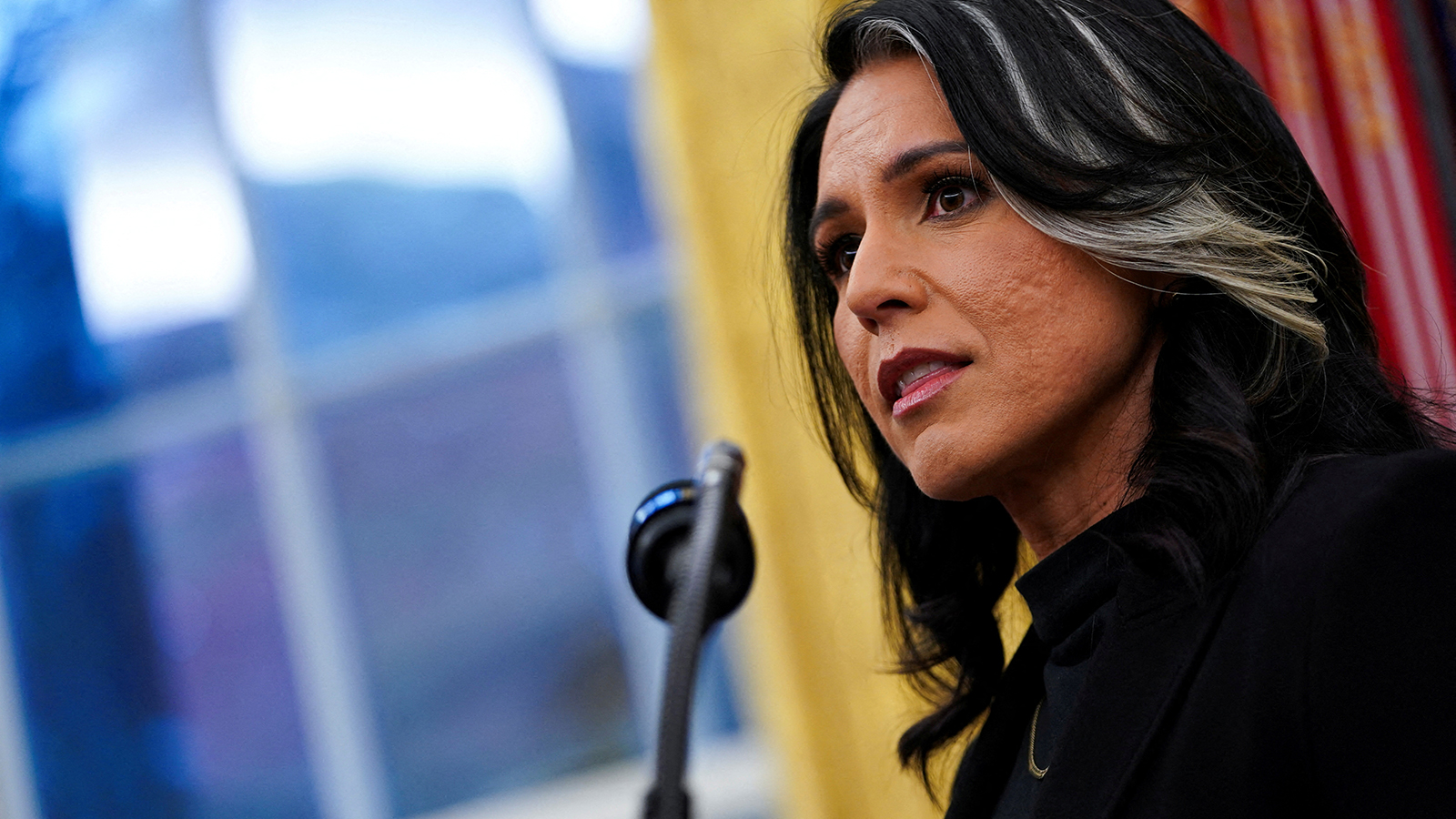Bangladesh situation a ‘concern’ for US

US Director of National Intelligence Tulsi Gabbard yesterday said the situation in Bangladesh is a "major area of concern" for the United States, citing "the long-time persecution of religious minorities."
In an interview with NDTV World, she said, "The long-time unfortunate persecution, killing, and abuse of religious minorities -- Hindus, Buddhists, Christians, Catholics, and others -- have been a major area of concern for the United States government and of course President Trump and his administration."
"The talks are just beginning between President Trump's new cabinet coming in and the government of Bangladesh, but this continues to remain a central focus area of concern," she added.
In reaction to Gabbard's comments, the Bangladesh government said that her statement is both misleading and damaging to the image and reputation of Bangladesh.
A statement from the chief adviser's press wing last night said, "Bangladesh as a nation traditionally practises Islam that is famously inclusive and peaceful and has made remarkable strides in its fight against extremism and terrorism."
Talking to the NDTV World, Gabbard said, "The threat of Islamist terrorists, and their overall effort, the global effort of all of these different groups, are rooted in the same ideology and some objective -- which is to rule or govern with an Islamist Caliphate.
"This obviously affects people of any other religion, other than the one that they find acceptable, and they chose to carry this out with terror and very violent ways and means."
She further said, "President Trump remains committed to identifying the ideology that drives Islamist terrorism, and working to defeat this ideology and their ability to exact that terror on people, the American people and others."
Gabbard's remarks came a day after she, along with Britain's National Security Adviser Jonathan Powell and New Zealand's intelligence chief Andrew Hampton, attended a security conference in New Delhi.
The event was hosted by India's National Security Adviser Ajit Doval, along with RAW chief Ravi Sinha and Intelligence Bureau chief Tapan Deka.
Gabbard is the first senior-level official from the Donald Trump administration to visit India during the US president's second term that began on January 20.
STATEMENT FROM CA's PRESS WING
"We note with deep concern and distress the remarks made by DNI Tulsi Gabbard, in which she alleged 'persecution and killing' of religious minorities in Bangladesh and that 'the threat of Islamic terrorists' in the country is 'rooted' in the 'ideology and objective' to 'rule and govern with an Islamist caliphate," the government said in the statement.
Gabbard's comments are not based on any evidence or specific allegations. "They paint an entire nation with a broad and unjustified brush. Bangladesh, like many countries around the world, has faced challenges of extremism, but it has continuously worked in partnership with the international community, including the US, to address these issues through law enforcement, social reforms, and other counterterrorism efforts."
Groundlessly linking Bangladesh to the idea of an "Islamist caliphate" undermines the hard work of countless Bangladeshis and their friends and partners around the world who are committed to peace, stability, and progress. Bangladesh strongly condemns any efforts to link the country to any form of "Islamist caliphate", the statement added.
"Political leaders and public figures should base their statements, especially about the most sensitive issues, on actual knowledge and take care not to reinforce harmful stereotypes, to fan fears and potentially even stoke sectarian tensions.
"In support of our shared global efforts to combat extremism and terrorism, the interim government remains committed to engaging in constructive dialogue based on facts and on respect for the sovereignty and security of all nations."



 For all latest news, follow The Daily Star's Google News channel.
For all latest news, follow The Daily Star's Google News channel. 
Comments